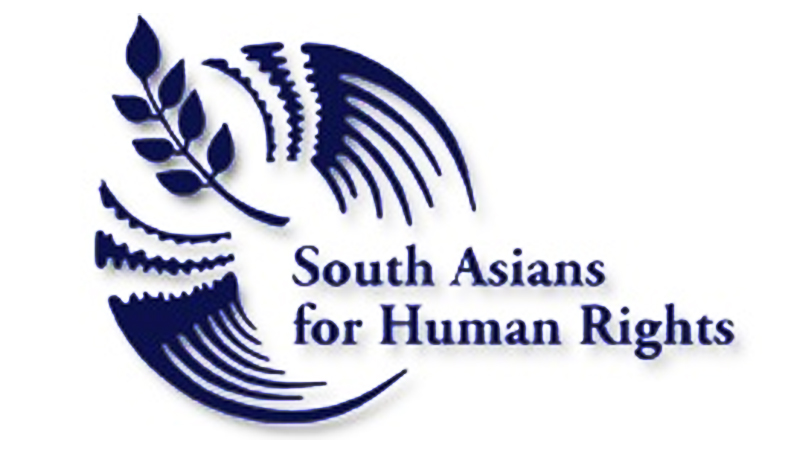HRCP seminar demands focus on civic education
Lahore, November 23: Schoolchildren’s education in elements of civics must begin at an elementary level to instill in them a sense of good citizenship and the primary curriculum and textbooks must sow the seeds of tolerance, gender equality and human rights, a seminar on ‘Civic Education in Schools’ organised by the Human Rights Commission of Pakistan (HRCP) has concluded.
The seminar was attended by experienced educationists, senior teachers, curriculum experts and human rights observers, a press statement issued by HRCP said on Tuesday.
The seminar took note of the fact that civic education at schools now starts in the ninth class and emphasised a review of the curriculum to carefully introduce education in civic matters at the primary level. The participants also recommended that civics must be made a compulsory subject because of its significance for good citizenship, regardless of the profession one chooses.
While the participants generally criticised the overloading of textbooks with essays on religion and moral preaching, one teacher argued that since Pakistan was created in the name of Islam and the curriculum provided for religious instruction even outside the religious courses the teachers could not be blamed for the prevalent focus of education.
A participant belonging to the executive branch of the government argued that the main issue was not curriculum, but divisions, fissures and disconnect between instruction in schools and social reality. He also made a point that not much could be achieved by curriculum reform because only the very poor people sent their children to public schools and they did not merit much more than what they were getting.
The seminar recommended a critical evaluation of the 2006 social studies / Pakistan studies curriculum in respect of citizenship education. They demanded that the government ensure that primary curriculum and textbooks sow the seeds of citizenship education, containing religious and political tolerance, gender equality, human rights, basic principles of citizenship and care for the environment. The government was asked to remove time gap between policy formulation and implementation. The need for organising periodic refresher courses for teachers on social studies and to improve the examination system to discourage learning by rote was stressed. The seminar recommended that the government take out the chapter on Islamic education from National Education Policy 2009. The participants strongly urged the government to revise the National Textbooks and Learning Material Policy 2007 in view of the 18th Amendment to the Constitution. The participants recommended recourse to courts of law to challenge violations of religious rights in learning material.
Finally, the seminar decided that an expert group would be formed not only to carry out a detailed critique of civic education in schools but also to prepare alternative/model learning material.
Dr Mehdi Hasan
Chairperson
Category: English






